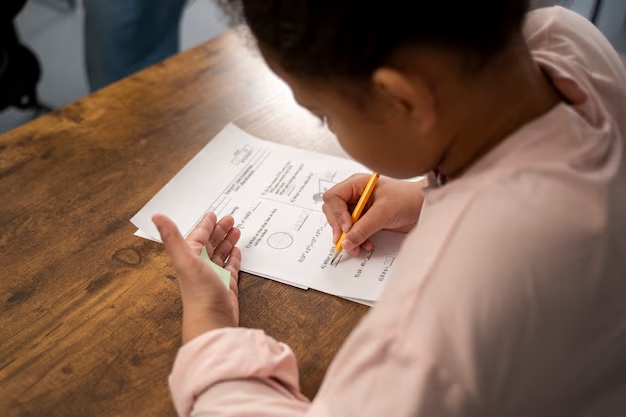
In the rapidly advancing digital era, challenges in the field of education have also evolved. One phenomenon that has drawn attention is “contract cheating,” which refers to the practice of hiring third parties to complete academic assignments. A study from Universitas Airlangga, titled “Understanding Contract Cheating Behavior Among Indonesian University Students,” thoroughly explores this phenomenon among Indonesian university students.
What is Contract Cheating?
Contract cheating refers to the act of students paying third parties to complete their academic assignments. This practice not only undermines academic integrity but also raises serious questions about the quality of education and student ethics.
Research Methodology
This study was conducted using both qualitative and quantitative approaches, involving surveys and in-depth interviews with a number of students from various universities in Indonesia. Data were collected through online questionnaires and face-to-face interviews to gain a comprehensive understanding of the behaviors and motivations behind contract cheating.
Key Findings
- Prevalence of Contract Cheating: The study’s findings indicate that contract cheating is quite common among students. Most respondents admitted to having heard of or even used academic assignment services.
- Motivations Behind Contract Cheating:
- Academic Pressure: Many students feel burdened by high academic demands and limited time.
- Lack of Understanding: Some students do not understand the ethical and academic consequences of this practice.
- Social Influence: There is peer pressure and social norms that view using third-party services as a quick and practical solution.
- Types of Assignments Most Frequently Outsourced: Essays and research reports are the types of assignments most commonly ordered through contract cheating services. This may be due to the complexity and time required to complete these types of tasks.
- Role of Technology: Online platforms facilitate access to contract cheating services. Advertisements for these services are often spread on social media and websites frequently visited by students.
Impact and Implications
Contract cheating has long-term negative impacts on students and educational institutions:
- Loss of Academic Integrity: This practice tarnishes academic reputation and lowers educational standards.
- Quality of Education: Students who frequently engage in contract cheating tend to lack a solid understanding of the material, affecting their future professional capabilities.
- Academic Sanctions: If proven to have engaged in contract cheating, students can face severe penalties, including expulsion from the university.
Countermeasures
The study also provides recommendations to address the phenomenon of contract cheating:
- Increased Awareness: Through seminars and workshops on academic integrity and ethics.
- Implementation of Anti-Plagiarism Technology: Use of software capable of detecting the originality of written work.
- Academic Guidance and Support: Providing better guidance services to help students cope with academic pressure.
Conclusion
The phenomenon of contract cheating among Indonesian university students is a serious issue that requires the attention of various parties, including students, lecturers, and university authorities. Through joint efforts, it is hoped that academic integrity and the quality of education can be maintained and enhanced.
Link Journal : https://scholar.unair.ac.id/en/publications/understanding-contract-cheating-behavior-among-indonesian-univers